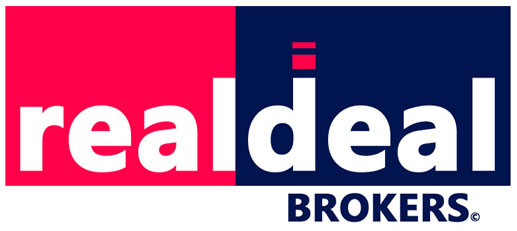WHAT TAKES PLACE AT CLOSING
The big day has finally arrived! After weeks of negotiating, everything is finally down on paper and all parties are ready to start signing. As with every other aspect of the home buying experience, it’s helpful to have an understanding of the process before diving in. Closing on a house is, simply put, a big meeting of all parties to sign all necessary documents to transfer funds and ownership. If you’ve hired an attorney to guide you through this process, he/she will answer any questions you may have. Closing day (or settlement, as it’s also called) is the culmination of all of your hard work and can feel overwhelming for first-time home buyers. Here are some helpful FAQs if your closing day is approaching:
- What should I bring?
Unless directed otherwise by your attorney or agent, some standard items to bring with you are:
- A check with the amount owed for the purchase price/down payment (depending on whether the home is financed or bought outright) and closing costs. It doesn’t hurt to bring your whole checkbook just in case any other unexpected fees pop up.
- Government issued identification.
- Proof of inspections/homeowner’s insurance (if required).
- Your undivided attention; there is much more reading and signing to be done on the part of the buyer, and it’s recommended that you actually read all documents closely. Don’t sign anything you didn’t agree on, or don’t understand.
- Do I need an attorney?
Having an expert on the subject matter is never a bad idea, and in some states, it’s actually required that an attorney oversee all aspects of closing. In these states (Connecticut, Delaware & Georgia), closings usually take place in the attorney’s office.
- Where will my closing take place?
As noted above, Georgia is a state that requires an attorney to oversee closing, so the meeting will occur in the lawyer’s office or at the offices of Real Deal Brokers. In other circumstances, it depends on the parties involved. If you are financing your home, as most do, closing will likely take place at the office of the attorney representing the lender. If you did not take out a loan and are paying in cash, the buyer and seller can simply choose a location convenient for both parties.
- When does closing occur?
The period of time between when the offer is accepted and the closing meeting is often called the “escrow period,” and is typically about 30 to 45 days. All parties must agree on a closing date, including buyer, seller, lender, attorney, and any other attendees.
- What am I signing?
The three main items are as follows:
- The mortgage/trust deed: your agreement to your lender that they can repossess your property if you fail to repay the mortgage
- The promissory note: your legal promise to repay the loan, including payment details
- An HUD-1 or Closing Disclosure Statement: a concise, itemized list of all the transactions that you should receive prior to closing day
Knowledge is power! Researching beforehand and asking clarifying questions of you agent and attorney will help you feel more confident during this final step of your home-buying journey.

